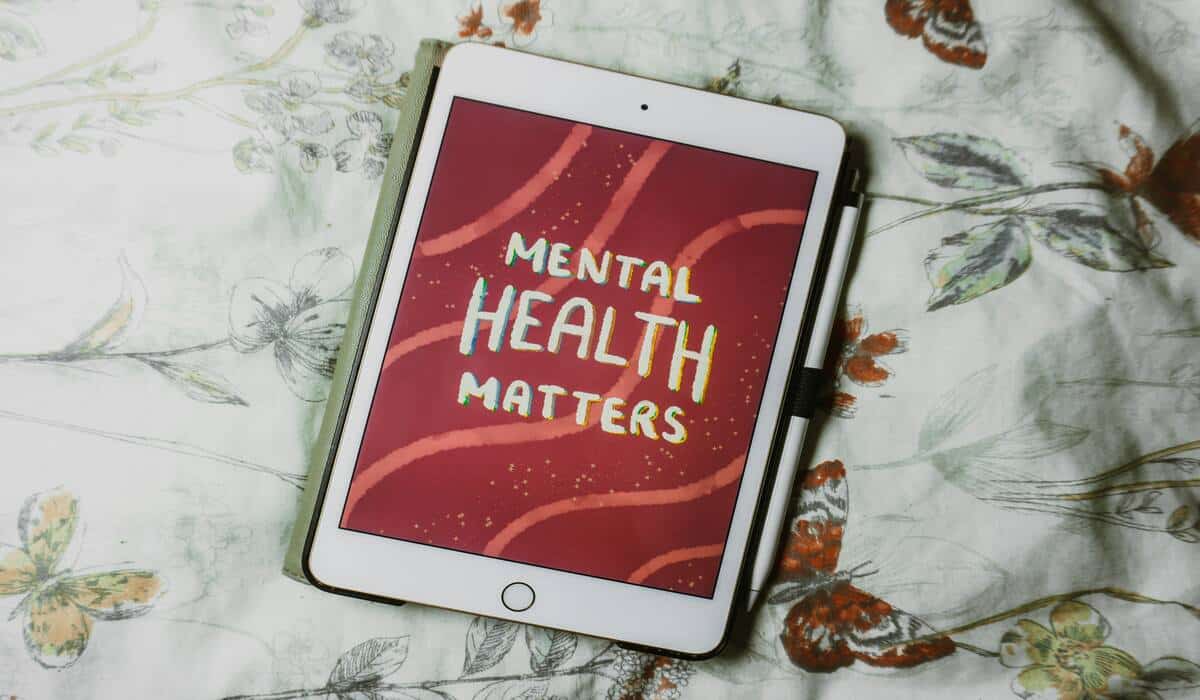Table of Contents
As a young adult, you’re probably already struggling with identity, future planning, and becoming independent from your family. For those enrolled in college, life becomes even more stressful. Eventually, this stress can lead to burnout and the detriment of your mental health. College students should be aware of the resources available to them and learn how to best manage mental illness in the thick of the school year.
Fortunately, society is becoming more comfortable with discussing mental health treatment. As a result, more and more options are developing for treatment and self-care. College students may benefit from several different mental health resources as they pursue their college degrees. Even on a strapped budget, students can find affordable ways to improve their mental health.
1. Rehab Centers
When mental illness hits a peak, it becomes impossible to ignore. Symptoms may be challenging to manage and can disrupt your schoolwork and relationships. If you’re struggling to maintain mental stability, giving yourself a break from school will help you get in the best headspace for future success. In-patient programs give attendants a safe space to work through major issues while putting the rest of life on hold. By visiting a rehab for mental health, you can truly put your mental wellness front and center.
That said, taking a break from college to attend rehab requires careful planning and communication. Start by speaking with your college’s counseling center or student affairs office to understand the process for taking a leave of absence. They can provide guidance on how to temporarily withdraw from classes without negatively impacting your academic record. It’s also essential to discuss your situation with your professors and academic advisors to arrange for any necessary accommodations or extensions.
Once you’re ready to return to school, most colleges have a re-enrollment process in place. You may need to provide documentation from your treatment program confirming that you’re ready to resume your studies. Some schools also offer transitional support services to help you reintegrate into academic life smoothly. By taking these steps, you can ensure that your time in rehab is a constructive break that sets you up for long-term success.
2. Campus Counseling
Campus resources will depend entirely on your university, but most campuses provide students with free or low-cost counseling. Campus counselors are unique in that they can help you find solutions that fit well within your class schedule and the campus culture. School counselors will also better understand the unique social and academic challenges that come with attending your university.
Universities may have other options as well, such as support groups, help lines, and connections to programs that are available to the college population. A school counselor may have better insight into these opportunities and can give you guidance on other resources on campus.
3. Virtual Therapy
Balancing therapy on top of paying for other costs and managing school work often feels challenging. Thankfully, advancements in technology have made mental health treatment more accessible for those who struggle to get into an office weekly. With digital therapy, you can find a therapist from your hometown who offers video or phone sessions, so you’re not limited to your college location. Going this route with therapy will also ensure that you can maintain this therapeutic relationship once you graduate, if needed.
You can gain even more flexibility by using a mental health platform. Some therapy sites allow you to schedule sessions via video call or chat. These methods give you a lot more flexibility when trying to fit a session into a packed schedule. And if you’re using an app like Talkspace, you may find the services more affordable than seeking a private therapist.
4. Telehealth Prescriptions
When you’re going to a school in a community far from home, it may be tough to find a doctor you trust. It’s often difficult to schedule appointments as well, with some offices requiring a referral and/or month’s wait — or longer. In this case, going to the medical office isn’t convenient when your mental health needs prompt attention.
Online prescription services — like GoodRx, Nurx, hims & hers, or Lemonade Health — allow you to set up a quick digital appointment with a doctor to receive a prescription that fits your needs. Receiving medical care to treat your mental illness can help you stay stable and manage any symptoms you are experiencing. Most people make progress in their mental health when combining both medication and counseling, so taking advantage of more convenient options may aid your improvement.
5. Mental Health Apps
There is an increasing amount of mobile applications being developed to provide mental health support. Apps like Calm and Headspace, for example, are great for guided meditation and anxiety reduction. If guided meditation isn’t your forte, many AI-generated chatbot apps can provide support in a conversational manner. While these cannot replace a licensed therapist, they are a good option for those on a budget.
Mobile apps can motivate you to start good habits that contribute to mental wellness too. Journaling apps for instance help many manage their mental health and track symptoms. These apps often provide automated prompts that inspire you to keep writing every day. Among the various app types, most will help you stay motivated in your self care without having to rely on another person to hold you accountable.
Keep Yourself Afloat
College is pretty stressful for the majority who attend. It may start to wear you down and impact your mental health, but you would be one of many. There’s no shame in struggling with your mental health, but it’s important to be aware of the many opportunities you have to gain support.
There are plenty of ways to keep yourself afloat during a difficult semester. By taking advantage of the available options, you can finish the semester strong while continuing to put effort into self-care and mental wellness.


